

How to Write a Book Review: The Ultimate Guide
WHAT IS A BOOK REVIEW?

Traditionally, book reviews are evaluations of a recently published book in any genre. Usually, around the 500 to 700-word mark, they briefly describe a text’s main elements while appraising the work’s strengths and weaknesses. Published book reviews can appear in newspapers, magazines, and academic journals. They provide the reader with an overview of the book itself and indicate whether or not the reviewer would recommend the book to the reader.
WHAT IS THE PURPOSE OF A BOOK REVIEW?
There was a time when book reviews were a regular appearance in every quality newspaper and many periodicals. They were essential elements in whether or not a book would sell well. A review from a heavyweight critic could often be the deciding factor in whether a book became a bestseller or a damp squib. In the last few decades, however, the book review’s influence has waned considerably, with many potential book buyers preferring to consult customer reviews on Amazon, or sites like Goodreads, before buying. As a result, book review’s appearance in newspapers, journals, and digital media has become less frequent.
WHY BOTHER TEACHING STUDENTS TO WRITE BOOK REVIEWS AT ALL?
Even in the heyday of the book review’s influence, few students who learned the craft of writing a book review became literary critics! The real value of crafting a well-written book review for a student does not lie in their ability to impact book sales. Understanding how to produce a well-written book review helps students to:
● Engage critically with a text
● Critically evaluate a text
● Respond personally to a range of different writing genres
● Improve their own reading, writing, and thinking skills.
Not to Be Confused with a Book Report!
WHAT’S THE DIFFERENCE BETWEEN A BOOK REVIEW AND A BOOK REPORT?
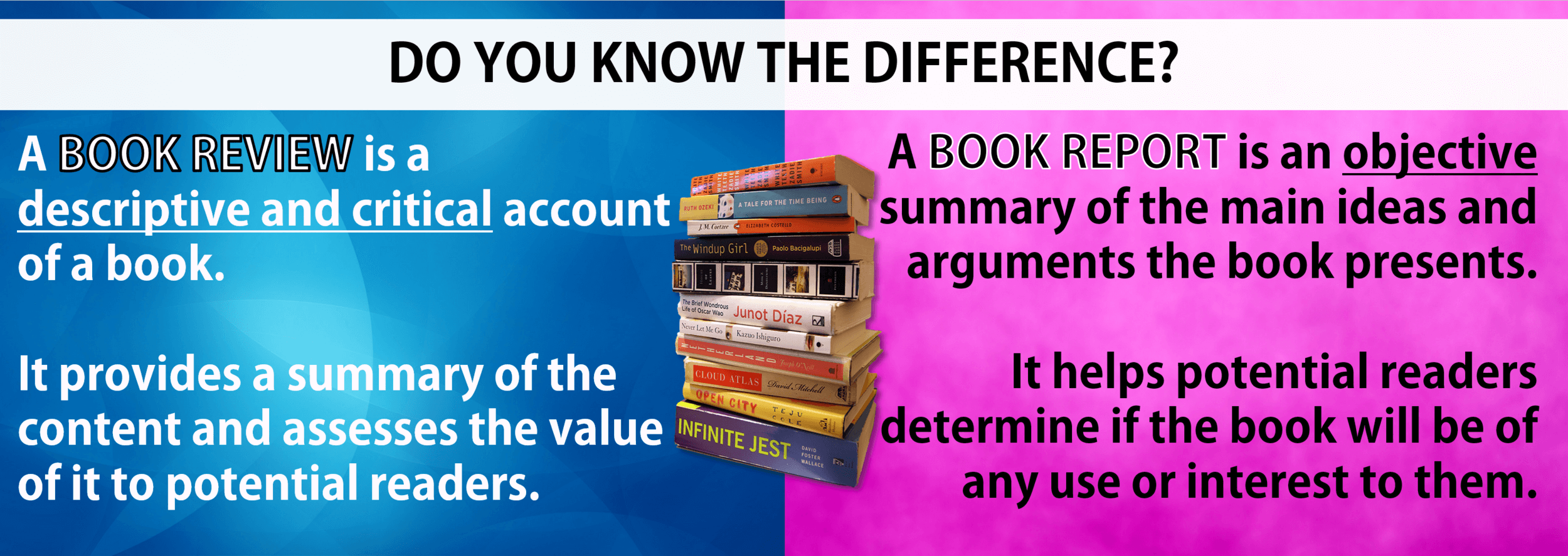
While the terms are often used interchangeably, there are clear differences in both the purpose and the format of the two genres. Generally speaking, book reports aim to give a more detailed outline of what occurs in a book. A book report on a work of fiction will tend to give a comprehensive account of the characters, major plot lines, and themes in the book. Book reports are usually written around the K-12 age range, while book reviews tend not to be undertaken by those at the younger end of this age range due to the need for the higher-level critical skills required in writing them. At their highest expression, book reviews are written at the college level and by professional critics.
Learn how to write a book review step by step with our complete guide for students and teachers by familiarizing yourself with the structure and features.
BOOK REVIEW STRUCTURE
ANALYZE Evaluate the book with a critical mind.
THOROUGHNESS The whole is greater than the sum of all its parts. Review the book as a WHOLE.
COMPARE Where appropriate compare to similar texts and genres.
THUMBS UP OR DOWN? You are going to have to inevitably recommend or reject this book to potential readers.
BE CONSISTENT Take a stance and stick with it throughout your review.
FEATURES OF A BOOK REVIEW
PAST TENSE You are writing about a book you have already read.
EMOTIVE LANGUAGE Whatever your stance or opinion be passionate about it. Your audience will thank you for it.
VOICE Both active and passive voice are used in recounts.
A COMPLETE UNIT ON REVIEW AND ANALYSIS OF TEXTS
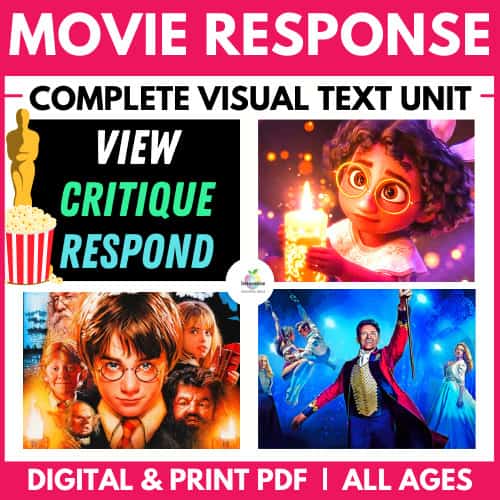
⭐ Make MOVIES A MEANINGFUL PART OF YOUR CURRICULUM with this engaging collection of tasks and tools your students will love. ⭐ All the hard work is done for you with NO PREPARATION REQUIRED.
This collection of 21 INDEPENDENT TASKS and GRAPHIC ORGANIZERS takes students beyond the hype, special effects and trailers to look at visual literacy from several perspectives offering DEEP LEARNING OPPORTUNITIES by watching a SERIES, DOCUMENTARY, FILM, and even VIDEO GAMES.
ELEMENTS OF A BOOK REVIEW
As with any of the writing genres we teach our students, a book review can be helpfully explained in terms of criteria. While there is much to the ‘art’ of writing, there is also, thankfully, a lot of the nuts and bolts that can be listed too. Have students consider the following elements before writing:
● Title: Often, the title of the book review will correspond to the title of the text itself, but there may also be some examination of the title’s relevance. How does it fit into the purpose of the work as a whole? Does it convey a message or reveal larger themes explored within the work?
● Author: Within the book review, there may be some discussion of who the author is and what they have written before, especially if it relates to the current work being reviewed. There may be some mention of the author’s style and what they are best known for. If the author has received any awards or prizes, this may also be mentioned within the body of the review.
● Genre: A book review will identify the genre that the book belongs to, whether fiction or nonfiction, poetry, romance, science-fiction, history etc. The genre will likely tie in, too with who the intended audience for the book is and what the overall purpose of the work is.
● Book Jacket / Cover: Often, a book’s cover will contain artwork that is worthy of comment. It may contain interesting details related to the text that contribute to, or detract from, the work as a whole.
● Structure: The book’s structure will often be heavily informed by its genre. Have students examine how the book is organized before writing their review. Does it contain a preface from a guest editor, for example? Is it written in sections or chapters? Does it have a table of contents, index, glossary etc.? While all these details may not make it into the review itself, looking at how the book is structured may reveal some interesting aspects.
● Publisher and Price: A book review will usually contain details of who publishes the book and its cost. A review will often provide details of where the book is available too.

BOOK REVIEW KEY ELEMENTS
As students read and engage with the work they will review, they will develop a sense of the shape their review will take. This will begin with the summary. Encourage students to take notes during the reading of the work that will help them in writing the summary that will form an essential part of their review. Aspects of the book they may wish to take notes on in a work of fiction may include:
● Characters: Who are the main characters? What are their motivations? Are they convincingly drawn? Or are they empathetic characters?
● Themes: What are the main themes of the work? Are there recurring motifs in the work? Is the exploration of the themes deep or surface only?
● Style: What are the key aspects of the writer’s style? How does it fit into the wider literary world?
● Plot: What is the story’s main catalyst? What happens in the rising action? What are the story’s subplots?
A book review will generally begin with a short summary of the work itself. However, it is important not to give too much away, remind students – no spoilers, please! For nonfiction works, this may be a summary of the main arguments of the work, again, without giving too much detail away. In a work of fiction, a book review will often summarise up to the rising action of the piece without going beyond to reveal too much!
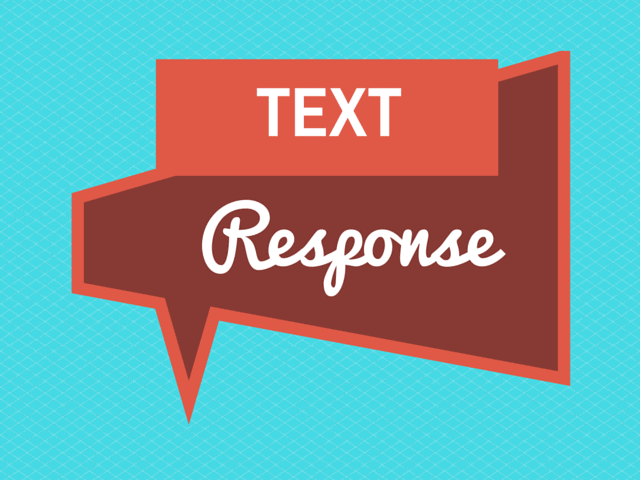
The summary should also provide some orientation for the reader. Given the nature of the purpose of a review, it is important that students’ consider their intended audience in the writing of their review. Readers will most likely not have read the book in question and will require some orientation. This is often achieved through introductions to the main characters, themes, primary arguments etc. This will help the reader to gauge whether or not the book is of interest to them.
Once your student has summarized the work, it is time to ‘review’ in earnest. At this point, the student should begin to detail their own opinion of the book. To do this well they should:
i. Make It Personal
Often when teaching essay writing we will talk to our students about the importance of climbing up and down the ladder of abstraction. Just as it is helpful to explore large, more abstract concepts in an essay by bringing it down to Earth, in a book review, it is important that students can relate the characters, themes, ideas etc to their own lives.
Book reviews are meant to be subjective. They are opinion pieces, and opinions grow out of our experiences of life. Encourage students to link the work they are writing about to their own personal life within the body of the review. By making this personal connection to the work, students contextualize their opinions for the readers and help them to understand whether the book will be of interest to them or not in the process.
ii. Make It Universal
Just as it is important to climb down the ladder of abstraction to show how the work relates to individual life, it is important to climb upwards on the ladder too. Students should endeavor to show how the ideas explored in the book relate to the wider world. The may be in the form of the universality of the underlying themes in a work of fiction or, for example, the international implications for arguments expressed in a work of nonfiction.
iii. Support Opinions with Evidence
A book review is a subjective piece of writing by its very nature. However, just because it is subjective does not mean that opinions do not need to be justified. Make sure students understand how to back up their opinions with various forms of evidence, for example, quotations, statistics, and the use of primary and secondary sources.
EDIT AND REVISE YOUR BOOK REVIEW
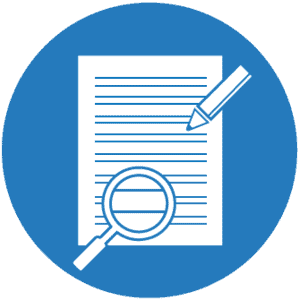
As with any writing genre, encourage students to polish things up with review and revision at the end. Encourage them to proofread and check for accurate spelling throughout, with particular attention to the author’s name, character names, publisher etc.
It is good practice too for students to double-check their use of evidence. Are statements supported? Are the statistics used correctly? Are the quotations from the text accurate? Mistakes such as these uncorrected can do great damage to the value of a book review as they can undermine the reader’s confidence in the writer’s judgement.
The discipline of writing book reviews offers students opportunities to develop their writing skills and exercise their critical faculties. Book reviews can be valuable standalone activities or serve as a part of a series of activities engaging with a central text. They can also serve as an effective springboard into later discussion work based on the ideas and issues explored in a particular book. Though the book review does not hold the sway it once did in the mind’s of the reading public, it still serves as an effective teaching tool in our classrooms today.

Teaching Resources
Use our resources and tools to improve your student’s writing skills through proven teaching strategies.
BOOK REVIEW GRAPHIC ORGANIZER (TEMPLATE)

101 DIGITAL & PRINT GRAPHIC ORGANIZERS FOR ALL CURRICULUM AREAS
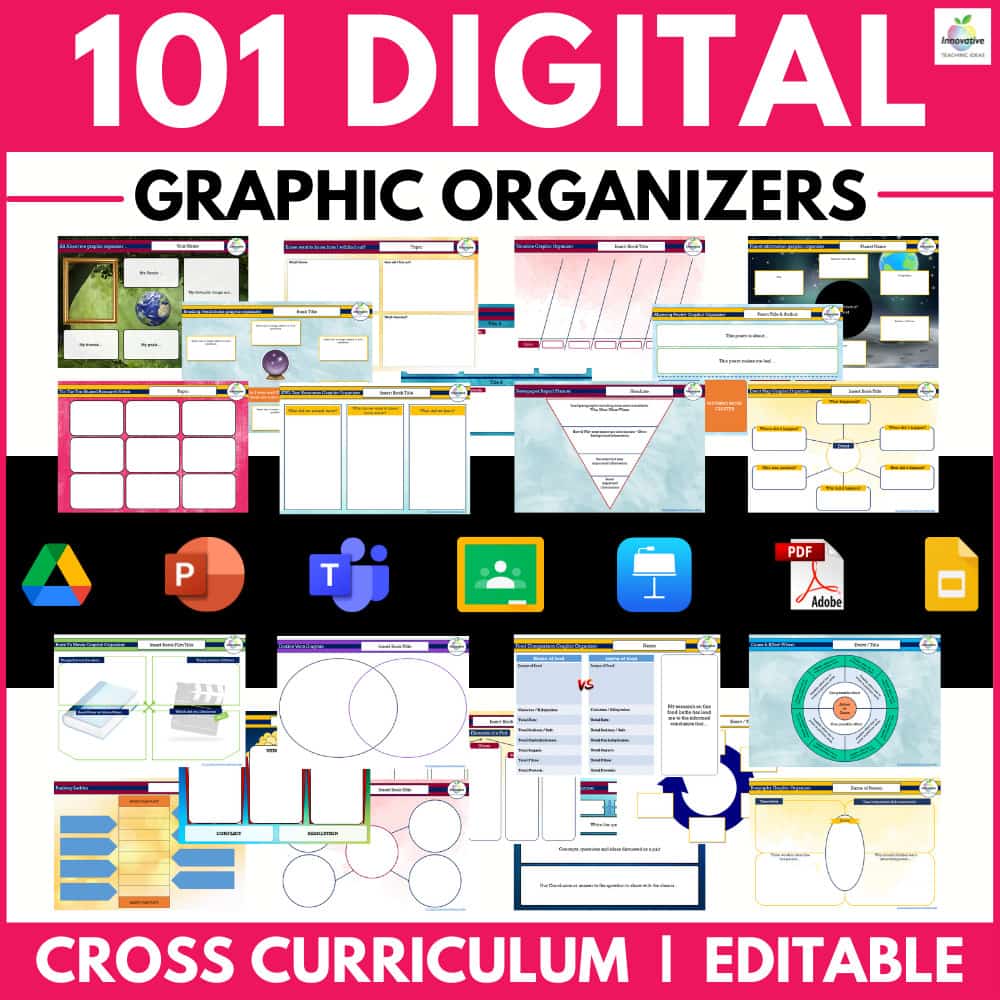
Introduce your students to 21st-century learning with this GROWING BUNDLE OF 101 EDITABLE & PRINTABLE GRAPHIC ORGANIZERS. ✌ NO PREP REQUIRED!!! ✌ Go paperless, and let your students express their knowledge and creativity through the power of technology and collaboration inside and outside the classroom with ease.
Whilst you don’t have to have a 1:1 or BYOD classroom to benefit from this bundle, it has been purpose-built to deliver through platforms such as ✔ GOOGLE CLASSROOM, ✔ OFFICE 365, ✔ or any CLOUD-BASED LEARNING PLATFORM.
Book and Movie review writing examples (Student Writing Samples)
Below are a collection of student writing samples of book reviews. Click on the image to enlarge and explore them in greater detail. Please take a moment to both read the movie or book review in detail but also the teacher and student guides which highlight some of the key elements of writing a text review
Please understand these student writing samples are not intended to be perfect examples for each age or grade level but a piece of writing for students and teachers to explore together to critically analyze to improve student writing skills and deepen their understanding of book review writing.
We would recommend reading the example either a year above and below, as well as the grade you are currently working with to gain a broader appreciation of this text type .

BOOK REVIEW VIDEO TUTORIALS
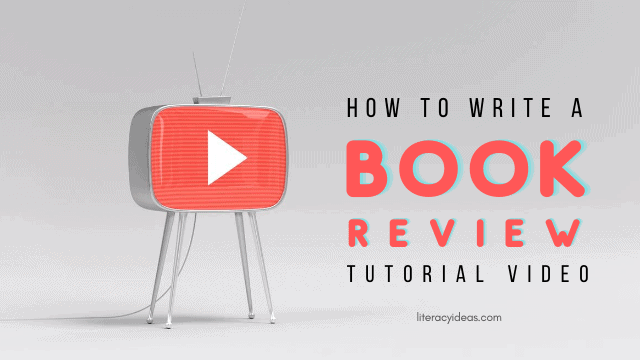
OTHER GREAT ARTICLES RELATED TO BOOK REVIEWS
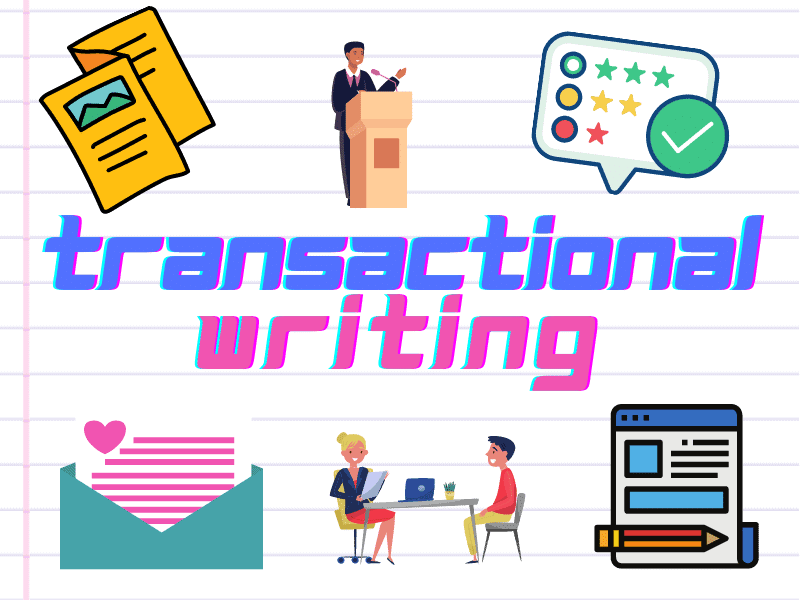
Transactional Writing
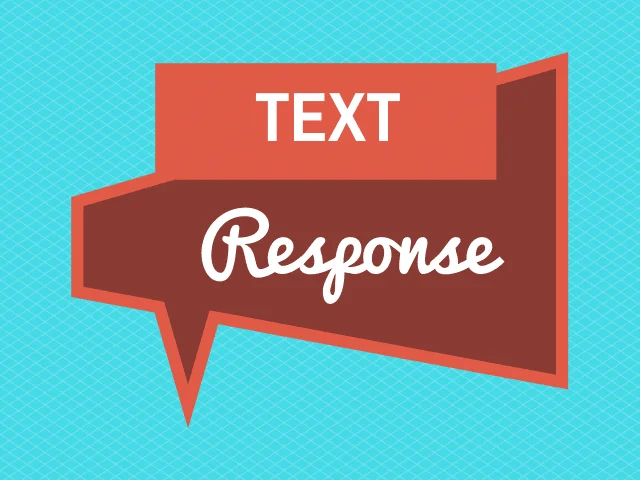
How to write a text response
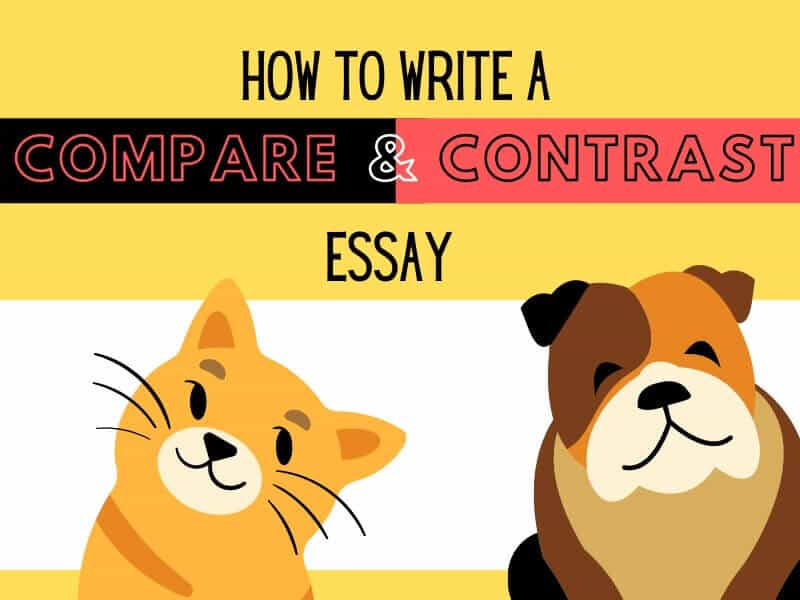
How to Write a Compare and Contrast Essay
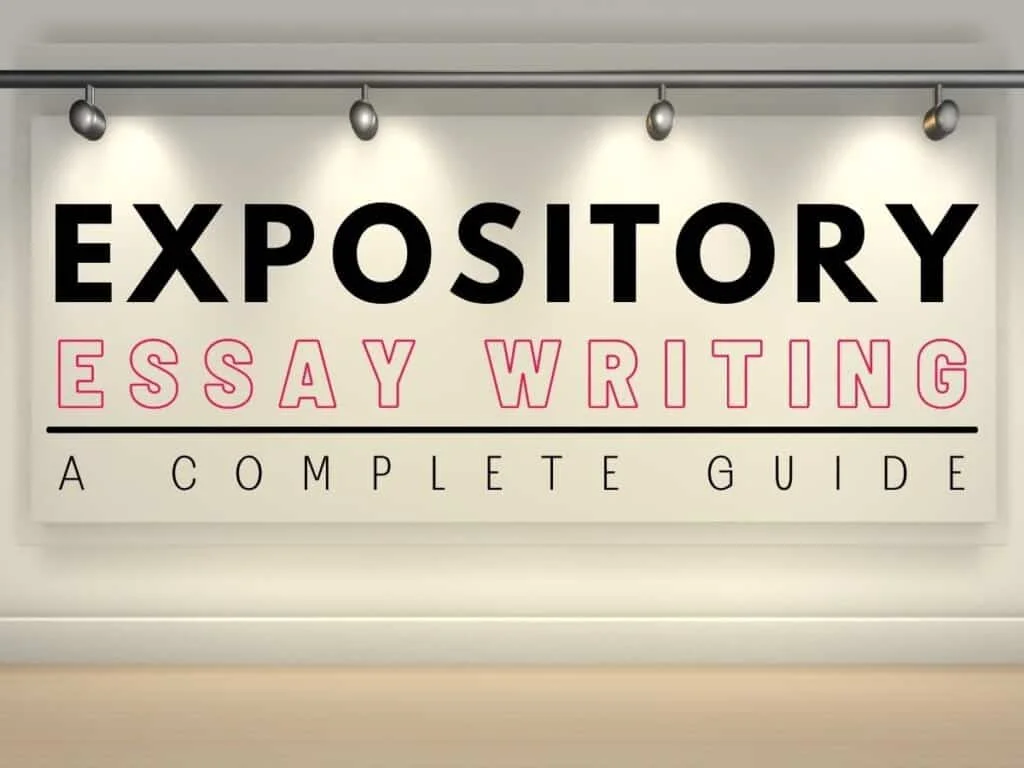
How to Write Excellent Expository Essays
- Primary Hub
- Art & Design
- Design & Technology
- Health & Wellbeing
- Secondary Hub
- Citizenship
- Primary CPD
- Secondary CPD
- Book Awards
- All Products
- Primary Products
- Secondary Products
- School Trips
- Trip Directory
- Trips by Subject
- Trips by Type
- Trips by Region
- Submit a Trip Venue
Trending stories

Top results

- Teaching Resources
- Book Review Template And Guide For Ks1 English Creative Writing
Book review KS1 – Free printable template resource
Three-page PDF
This free downloadable book review template enables KS1 pupils to offer opinions based on first-hand experiences. Naturally, you shouldn’t expect pupils to review every book they read. However, encouraging them to reflect on their reading from time to time is a useful activity.
Book reviews provide valuable practice at using the subordinating conjunction ‘because’. This makes them particularly useful teaching tools for meeting the writing requirements of KS1.
Book review KS1 template
This download contains three separate book review templates. Each one requires the pupil to write the book’s title and author at the top.
- Use the provided words to write a sentence about the book
- Draw something from the book you liked
- What is the book about?
- Which bits did you like best?
- Give the book a star rating
Sheet three
- What were your favourite parts? Explain why
- Explain why other people should read this book
Rachel Clarke is the director of Primary English Education Consultancy Limited . This activity is one of a selection of templates created by Rachel for her templates resource pack . Browse more book review templates and World Book Day ideas for schools.
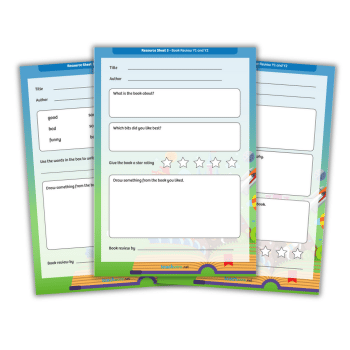
Similar resources
- Question words – Fun crime science KS1 literacy lesson plan
- Letter formation sheets – A to Z worksheets
- Flashback examples KS2 – WAGOLL and worksheets
- Halloween worksheets – Adjectives task for KS1/2
- The One and Only Ivan – Explore emotions and empathy in KS2
Sign up to our newsletter
You'll also receive regular updates from Teachwire with free lesson plans, great new teaching ideas, offers and more. (You can unsubscribe at any time.)
Which sectors are you interested in?
Early Years
Thank you for signing up to our emails!
Explore teaching packs

Why join Teachwire?
Get what you need to become a better teacher with unlimited access to exclusive free classroom resources and expert CPD downloads.
Exclusive classroom resource downloads
Free worksheets and lesson plans
CPD downloads, written by experts
Resource packs to supercharge your planning
Special web-only magazine editions
Educational podcasts & resources
Access to free literacy webinars
Newsletters and offers
Create free account
By signing up you agree to our terms and conditions and privacy policy .
Already have an account? Log in here
Thanks, you're almost there
To help us show you teaching resources, downloads and more you’ll love, complete your profile below.
Welcome to Teachwire!
Set up your account.
Lorem ipsum dolor sit amet consectetur adipisicing elit. Commodi nulla quos inventore beatae tenetur.
I would like to receive regular updates from Teachwire with free lesson plans, great new teaching ideas, offers and more. (You can unsubscribe at any time.)

Log in to Teachwire
Not registered with Teachwire? Sign up for free
Reset Password
Remembered your password? Login here

Book Review Template
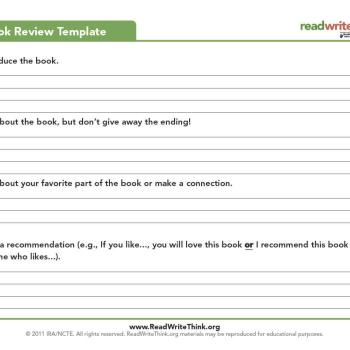
About this printout
Students can use this template as a means of communicating about a book that they have read.
Teaching with this printout
More ideas to try.
As students begin reading books at a young age, it is important to teach them to communicate their thoughts and ideas about the books they read. This template is a good way to teach students to begin putting their thoughts on a text into written form. Students will be able to process the information they read in a given text and process their ideas. Additionally, the Book Review Template allows the teacher to check a student's comprehension of a certain text to assess and inform instruction.
- Create a bulletin board with book reviews done by different students. The bulletin board can be organized by different genres of books or in other ways that are useful to students. Students can use this bulletin board as a way to read about their peers' thoughts on different books and to find books that they, too, might enjoy reading.
- At the beginning of the school year, do a read aloud and have students each do a book review on the same book that was read to the class. Have select students share their book reviews and/or thoughts on a book. Follow up by having a class discussion about why all of the book reviews are not alike, even though they were done on the same book. This discussion will familiarize students with different opinions and thoughts on the same books, and will also give struggling students a more concrete idea of how to do future book reviews on their own.
- Print this resource
Explore Resources by Grade
- Kindergarten K

Join Discovery, the new community for book lovers
Trust book recommendations from real people, not robots 🤓
Blog – Posted on Thursday, Nov 11
The only book review templates you'll ever need.

Whether you’re trying to become a book reviewer , writing a book report for school, or analyzing a book, it’s nice to follow a book review template to make sure that your thoughts are clearly presented.
A quality template provides guidance to keep your mind sharp and your thoughts organized so that you can write the best book review possible. On Reedsy Discovery , we read and share a lot of book reviews, which helps us develop quite a clear idea what makes up a good one. With that in mind, we’ve put together some trustworthy book review templates that you can download, along with a quick run-through of all the parts that make up an outstanding review — all in this post!
Pro-tip : But wait! How are you sure if you should become a book reviewer in the first place? If you're on the fence, or curious about your match with a book reviewing career, take our quick quiz:
Should you become a book reviewer?
Find out the answer. Takes 30 seconds!
Book review templates for every type of review
With the rapid growth of the book community on Instagram, Youtube, and even TikTok, the world of book commentary has evolved far beyond your classic review. There are now many ways you can structure a book review. Some popular formats include:
- Book reports — often done for school assignments;
- Commentary articles — think in-depth reviews in magazines and newspapers;
- Book blog reviews — short personal essays about the book; and
- Instagram reviews — one or two-paragraph reviews captioned under a nice photo.
But while the text in all these review styles can be organized in different ways, there are certain boxes that all good book reviews tick. So, instead of giving you various templates to use for different occasions, we’ve condensed it down to just two book review templates (one for fiction and one for nonfiction) that can guide your thoughts and help you nail just about any review.

⭐ Download our free fiction book review template
⭐ Download our free nonfiction book review template
All you need to do is answer the questions in the template regarding the book you’re reading and you’ve got the content of your review covered. Once that’s done, you can easily put this content into its appropriate format.
Now, if you’re curious about what constitutes a good book review template, we’ll explain it in the following section!
Elements of a book review template
Say you want to build your own book review template, or you want to customize our templates — here are the elements you’ll want to consider.
We’ve divided our breakdown of the elements into two categories: the essentials and the fun additions that’ll add some color to your book reviews.
What are the three main parts of a book review?
We covered this in detail (with the help of some stellar examples) in our post on how to write a book review , but basically, these are the three crucial elements you should know:
The summary covers the premise of the book and its main theme, so readers are able to understand what you’re referring to in the rest of your review. This means that, if a person hasn’t read the book, they can go through the summary to get a quick idea of what it’s about. (As such, there should be no spoilers!)
The analysis is where, if it’s a fiction book, you talk more about the book, its plot, theme, and characters. If it’s nonfiction, you have to consider whether the book effectively achieves what it set out to do.
The recommendation is where your personal opinion comes in the strongest, and you give a verdict as to who you think might enjoy this book.
You can choose to be brief or detailed, depending on the kind of review you’re writing, but you should always aim to cover these three points. If you’re needing some inspiration, check out these 17 book review examples as seen in magazines, blogs, and review communities like Reedsy Discovery for a little variation.
Which review community should you join?
Find out which review community is best for your style. Takes 30 seconds!
Which additional details can you include?
Once you’ve nailed down the basics, you can jazz things up a little and add some personal flavor to your book review by considering some of these elements:
- A star-rating (the default is five stars but you can create your own scales);
- A bullet-point pros and cons list;
- Your favorite quotation from the book;
- Commentary on the format you read (i.e., ebook, print, or audiobook);
- Fun facts about the book or author;
- Other titles you think are similar.
This is where you can really be creative and tailor your review to suit your purpose and audience. A formal review written for a magazine, for instance, will likely benefit from contextual information about the author and the book, along with some comment on how that might have affected the reading (or even writing) process.
Meanwhile, if you’re reviewing a book on social media, you might find bullet points more effective at capturing the fleeting attention of Internet users. You can also make videos, take creative pictures, or even add your own illustrations for more personal touches. The floor is yours at this point, so go ahead and take the spotlight!
That said, we hope that our templates can provide you with a strong foundation for even your most adventurous reviews. And if you’re interested in writing editorial reviews for up-and-coming indie titles, register as a reviewer on Reedsy Discovery !
Continue reading
More posts from across the blog.
5 Daphne Du Maurier Books to Read After Watching Rebecca
If you loved Netflix's adaptation of du Maurier's timeless classic, why not read another? We've compiled a list of the best Daphne du Maurier books to make choosing easy.
Cosmic Horror: 15 of the Most CHILLING Titles to Start You Off
What is cosmic horror? This spine-tingling subgenre is all about the mind-bending terror of the unknown. It forces you to confront a terrifying suspicion: that you are nothing, in an unfathomable universe full of forces you can’t control.
Stranger Things Book Bag: 12 Must-Read Novels If You Love the Hit Show
If you’re as obsessed with Stranger Things as we are, you’ll know that the long wait for season 4 is finally over! Time to gleefully gobble up the next installment in the adventures of Mike, Eleven, Steve Harrington, Chief Hopper, and all the other resid...
Heard about Reedsy Discovery?
Trust real people, not robots, to give you book recommendations.
Or sign up with an
Or sign up with your social account
- Submit your book
- Reviewer directory
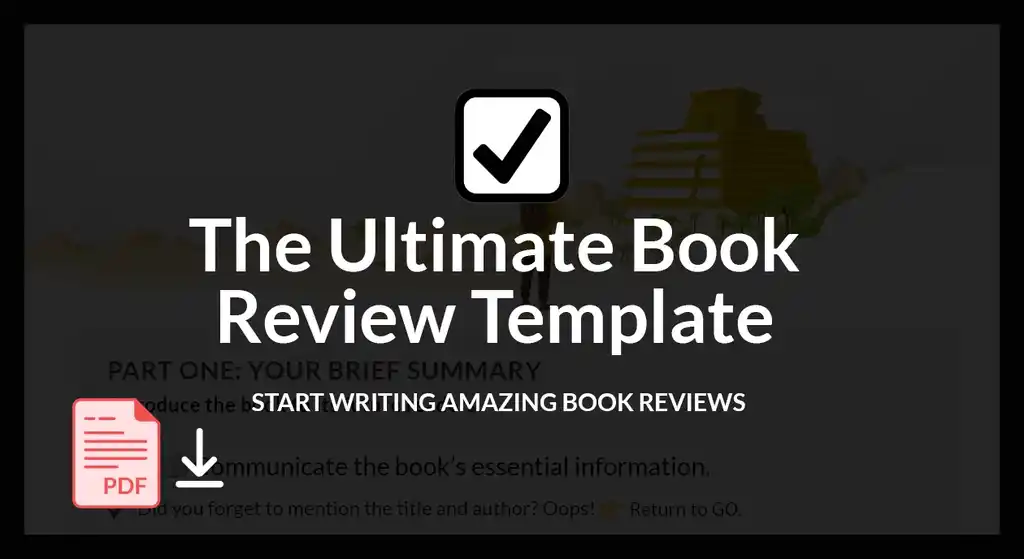
Writing a book review?
Use our free book review template to make sure you don't leave anything out.

Book Review Template for Kids (Tips & Activities)
- July 21, 2019
- Kids Printables
Aren’t your kids interested in reading more books? How can you enhance their understanding skills after reading a book?
Here is a solution ! How about asking them to write a review? Don’t be funny you say ! No, I am just saying if you have colorful “ Book Review Templates” for kids , you can actually ask them to write what they understood.
Ask your kids to share their point of view and discuss about it with their friends and family. While this is a small circle, writing a review about the book will help them introduce it a bigger circle or people, at the same time improve their thinking and writing skills.
You might want to check out book templates for kids , who are interested in compiling or writing a book.

Your kids read books? Do they have the habit of sharing their view about the books? Do they share their review about every book they read? Or do you want your kid to write review about the books they read? Do you want to teach them on how to write a book review? Well, this topic is help and satisfy all the above needs.
Yes, In this article we are going to see in detail about what is book review and how to make your kids write a book review. We are here to help you with the wonderful set of templates that will help teach your kids and encourage them write review about books. All you have to do is just a click away, select the template you like from here, download it, print and teach your kids on how to write a book review with the help of it. All these templates are available for free and you can download and use it anytime, anywhere.
What are Book Review Templates?
First of all let us see what is book review template and what are the components in it to be filled. As the name says, it is nothing but the template to write review about books, which will help you teach your kids on how to write a book review and what all needs to be included/excluded while writing a book review. Below are some of the components that needs to be filled in order to complete a Book review.

- Title – Name of the book
- Author/Illustrator – Name of the Author and/or Illustrator of the book
- Word difficulty – They need to predict the difficulty level they had while reading the book. For Example, Too easy, Just right, Medium, Too hard,
- Did your like the book/Rating – This is to rate the book. As it is for kids, it can be represented with the STAR rating. If not, by numbers. For example, 4.2 out of 5. Or you can ask them to describe the book in one word by proving them a set of words to choose. For example, Exiting, boring, impressive, stupid, funny, sad, heart warming, interesting, excellent, entertaining, educational and so on.
- Summary in one sentence – Ask them to summarize the story of the book in a sentence, that needs to be short and crisp.
- Characters – Describe in brief about the character involved in the book.
- What was your favorite part of the book? / What I liked best – This will help them recollect the memories of reading the book and describe their favorite part in the book.
- What I didn’t like – Ask them to summarize the part of book which the kids did not like
- Draw your favorite character from the book – If it is a picture book or activity book that would contain more pictures and images, then you can guide them to draw their favorite character from the book.
- Draw your favorite scene from the book – every kids will have a favorite part from the book and you can encourage them to visualize their favorite scene, which in-turn will develop their drawing skills also.
- Recommendation – They can tick mark the box. For example, Highly Recommended, Reasonable, Not recommended.
- Reviewer Name – Your kids name who is writing the review.
- Date – date on which the review was written.
These are few of the points that must be covered as part of a book review. Apart from this the kids can add anything extra as part of the template while writing the review.

Are your kids exited to write a book review? Wondering how to guide them on it? Then we are here to help you, as we have provided wonderful set of book review templates for kids in this page that will attract your kids. Do you want to make one on your own? Well, that is allowed as well. All you have to do is to just chose your template from here and download it for free. As we have designed it for your ease, you can just edit the template as per your need by changing the font, background, borderline of the template etc and create/make your own Book review templates within seconds,without spending even a single penny from your pocket. Is it not amazing? Create one instantly and help your kids write a book review.
Uses of Book review template?

Let us see below the uses of writing a book review.
- Will help the kids to improve their creative writing skills and reading comprehension.
- Will encourage the kids to share their opinion
- Will help others to decide on whether to read/purchase the book or not.
- Will provide the in-depth analysis of the story and content of the book.
- Will capture the main theme of the book and help readers understand the author’s style.
These are few of the benefits of writing a book review. Apart from these it will improve their book reading skills and increase their interest to read more books and write review for those.
How to use – Book review template for teaching in classroom

In order to help teachers with book review templates and few sample activities that would help them teach in the classroom,we have listed few activities as below to make their work easy:
- Providing Sample Book review – You can take few sample reviews written by others for a book and share it in the classroom for the kids to basically understand what is a book review and what are the basic elements and points to be captured while writing a book review. Best source to teach them is from the famous/favorite magazine or even newspaper.
- Together read a book review – Pick up an appropriate and favorite book review and read it aloud along with the students in the classroom. Cover everything from title of the book, author, brief summary of the book, strengths and weakness and your own personal opinion about the book.
- Provide a book to review – Provide a book or a short story to read in the classroom and write their review about it. Encourage them to make note of the key points of the story Post which you can read the review they have written and correct those along with the students.
- Questions about the book – Provide a book review template template and guide them with few questions that will help them recollect the incidents in the story and come-up with a good review. Questions should cover on the genre of the book (whether it is Comic or fantasy or detective or humor), about the favorite part of the book, likes and dis-likes, about the main characters of the book, briefly about the author of the book, did they enjoy reading the story, etc. Also ensure to have their reviews explained in details.
- Classroom flip book review activity – Prepare a flip book with an interesting topic and introduce it to the students. Provide them with a book review template from him as per your wish and let them write review on the flip book. This will help them improve their thinking capacity as well.
How to use – Book Review template for students

Making children write a book review is a great way to motivate them to read lot of books. Having said that let us see few activities that will help them learn and write a good and perfect book review.
- Book review activity Packet – You can choose a sample book for the students to read, be it a short-story or fun book or a comic story. To start with you can provide them a book under their favorite genre which will help them read it with full involvement and write a good review. Then you can choose a template from here for there to express their thought and opinion about the book and write a review.
- Character book review Activity – Decide a book for the student to read, preferably a picture book or fun book. Later you can collect the pictures of the different characters in the book and make cards out of it. Once the student completes the book, you can provide these cards carrying different characters in the book and as them to write review about each character. This will help children to understand and judge themselves with how much involvement they have read the book.
All the activities listed above looks awesome right? Waiting to involve your kids/students in reading books and write a review for the book? Then you can involve them in any of the above activities. To start with, you can make them read a book of their favorite genre, which will help them practice writing a book review at initial times.
Can Book Review Template help kids to learn science?

In order to make students develop their interest towards science, you can introduce it to them through book review activity as well. Wondering how? Here is an example for you to help them develop their interest towards science. You can create a Flip book with different forms of energy (like heat, sound,chemical,thermal etc) or any other science related topics like state of matter or chemical changes, with the pictures related to it. You can ask students to make a research on each of the picture in the flip book, hence introducing science to them.
Help them in understand it which in-turn will make them write good reviews. Later, once they complete the flip book, provide them with few book review templates and as them to write their opinion about each science topic in the flip book, that will help them know their understanding about the science and develop interest towards science. Similarly you can make them read various science related fun books (like 11 Experiments That Failed or Ada Twist – Scientist) which will introduce science to them and ask them to write review for the same.
Tips to help your kids write a book review

Writing a book review is not an easy task for the children at initial times. Below are you tips which will help you guide your children to write a good book review.
- Motivate them to make note of the important points while reading the books. This will help them remember the favorite characters and scenes in the book.
- Make them ask questions about the book to come-up with an perfect book review.
- Guide them to have a structure for the book review they write. For example , starting from the Author to the strength and weakness of the book.
- You should be ready to proofread it at the end. Once the kids complete writing a review, you should have a check on it for any spelling mistakes, meaning of the phrases and help them correct their mistakes in the next review.
Do’s and Don’ts of a Book review

Having discussed in details on how to write a book review, we shall now see the do;s and dont’s while reviewing a book.
- Provide a short phrase/title that will explain your review’s content.
- Be very specific in describing what you liked or did not like in the book. Do not generally say “it was bad”,”not satisfactory”. Describe why was it bad and not satisfactory.
- Do not drag the review too long. Make it crisp and brief. Do not completely summarize the book.
- Do not criticize it badly just because it was not as how you expected.
- Describe your favorite character and be very careful and conscious in what you say about the story to avoid controversies.
Following these points along with the tips, you can select any of the activities along with the book review template from our page and teach your kids on how to write a good book review.
Leave a Reply Cancel Reply
Your email address will not be published. Required fields are marked *
Name *
Email *
Add Comment *
Save my name, email, and website in this browser for the next time I comment.
Post Comment
- International
- Schools directory
- Resources Jobs Schools directory News Search
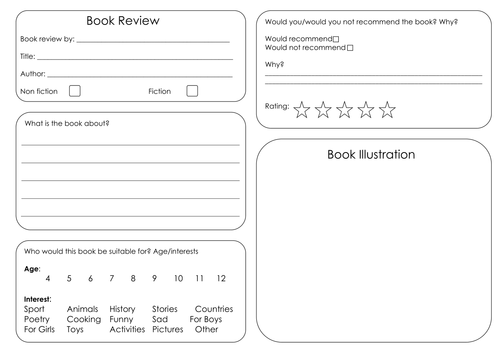
Book review template
Subject: English
Age range: 5-7
Resource type: Worksheet/Activity
Last updated
24 June 2016
- Share through email
- Share through twitter
- Share through linkedin
- Share through facebook
- Share through pinterest

Creative Commons "Sharealike"
Your rating is required to reflect your happiness.
It's good to leave some feedback.
Something went wrong, please try again later.
meganrules83
Such a great resource and already differentiated. Thank you so much for sharing it for free, much appreciated.
Empty reply does not make any sense for the end user
Lovely resource, though the 'for boys' 'for girls' in the interests is outdated. Easy to edit however.
claires2301
Fab differentiated and clear resource, thanks for sharing!
katiesmith91
Lovely differentiated book reviews. Thank you! I love forward to giving these to my children to review the books they have been reading.
Report this resource to let us know if it violates our terms and conditions. Our customer service team will review your report and will be in touch.
Not quite what you were looking for? Search by keyword to find the right resource:

COMMENTS
Help KS2 learners to write a comprehensive book review using this template as a guide to help organise their ideas. Explore this template and more exciting English resources by creating your very own Twinkl account! The template enables them to reflect on the book in a number of ways, prompting them to: Illustrate their favourite scene. Write a synopsis. Write about who they would recommend ...
Writing book reviews enables pupils to offer opinions based on first-hand experiences. This free download, most suitable for KS1, contains three separate book review templates to choose from. Use these free 'My Favourite Book' review worksheets to encourage children to talk about and recommend their favourite book to others.
Book Review Templates High School. Download 315 KB #30. Download 37 KB #31. Download 6 KB #32. Download 27 KB #33. Download 58 KB #34. Download 59 KB #35. Download 17 KB #36. Download 87 KB #37. Download 43 KB #38. Download 35 KB #39. Starting to write your book review. Most book review templates start with a brief summary of the book. If you ...
The real value of crafting a well-written book review for a student does not lie in their ability to impact book sales. Understanding how to produce a well-written book review helps students to: Engage critically with a text. Critically evaluate a text. Respond personally to a range of different writing genres.
This book report template is perfect for doing just this, allowing students to practise their literacy skills and reflect critically on a text. You could use this book review template as an activity for students to practise their persuasive writing, seeing if they can convince other students to read their book based on their book review.
Our book review templates' simple design is perfect for KS1 students learning how to write a book review. Each main section is laid out with prompts to make sure that your students think about all the key elements when writing their book review. Use this KS1 Book Review Template Resource in your classroom by creating your very own Twinkl account in minutes! Split into four different sections ...
As well as this book review template, these Reading Prompts and Questions can help you do just that. Whether you're doing guided reading or reading at home, these questions are great for encouraging children to delve even deeper into their books. Another thing you can do is create a cosy reading corner. This works well both at school or in the ...
Book review KS1 template. This download contains three separate book review templates. Each one requires the pupil to write the book's title and author at the top. Sheet one. Use the provided words to write a sentence about the book. Draw something from the book you liked. Sheet two.
For a more interactive approach, try our Pencil Shaped Interactive Book Review Writing Template and get them practising their motor skills with paper folding as well. Congratulate your children on their reading by using these reading certificate templates. Or to see our entire range of Year 5-6 resources for English Literacy, just visit our ...
This children's book review template is the perfect guide to help your class talk about books. Trying to think of things to say about books can be tricky, especially when you're still developing reading and writing skills. Scaffolding, like prompted questions, can help make writing less daunting and boost children's confidence in English. This template helps to prompt children to organise ...
Encourage children to begin writing a review with this creative book review template for kids. The worksheet enables them to reflect on the book by illustrating a cover for it, and by thinking about the different events in the book. They will be asked to consider: plot setting character cause and effect how it made them feel Celebrate National Book Week this August with Twinkl's selection of ...
This template is a good way to teach students to begin putting their thoughts on a text into written form. Students will be able to process the information they read in a given text and process their ideas. Additionally, the Book Review Template allows the teacher to check a student's comprehension of a certain text to assess and inform ...
This writing a review template is ideal for using with junior primary pupils and above. Teacher-made, it is a great activity for assessing student's familiarity with specific books, and for encouraging your children to reflect and consider what they've read. This writing a review template asks pupils to rate the book, name their favourite part and get creative by illustrating their favourite ...
Blog - Posted on Thursday, Nov 11 The Only Book Review Templates You'll Ever Need Whether you're trying to become a book reviewer, writing a book report for school, or analyzing a book, it's nice to follow a book review template to make sure that your thoughts are clearly presented.. A quality template provides guidance to keep your mind sharp and your thoughts organized so that you can ...
Provide them with a book review template from him as per your wish and let them write review on the flip book. This will help them improve their thinking capacity as well. How to use - Book Review template for students. Download. Making children write a book review is a great way to motivate them to read lot of books.
The mixture of different question types ensures that no matter how your pupils learn best, there's a way for them to fully express their thoughts on a book in their reviews. This book review template is a flexible tool that works equally well as an in-class or homework assignment, or even as a tool to support an external reading scheme for ...
Book Review Template KS1. Subject: English. Age range: 5-7. Resource type: Worksheet/Activity. File previews. pdf, 82.96 KB. A4 book review template for KS1. 3 differentiated templates. I hope you find this resource useful.
Alternatively, this template could be used by children at home to write about a book they've read with their family. They could then bring the completed reviews into school to share with the rest of their class. The template includes writing boxes and lines to help keep children's writing nice and neat and organised.
Age range: 5-7. Resource type: Worksheet/Activity. File previews. doc, 34 KB. doc, 32 KB. doc, 25.5 KB. Here are 3 versions of a book template which I adapted to my year 2/3 class. It looks at who they think would like it, what their opinion of the book is, whether it is fact or fiction and a 5 star rating.
A book review and summary card for comprehension learning. This t eaching resource is a one-page book review that can be used to summarise guided reading stories or be included as part of your class novel study. This resource is a great way to exercise students' comprehension skills and allow them to review what they are reading.
Book review writing is a brilliant way to nurture a love of reading in children. Book reviews for kids can: Help them engage more deeply with the story and connect with characters and events. Aid reading comprehension. Formulate opinions and articulate them. Discover different styles of writing, genres and authors.
Review template. Add to My Folder. Join Scholastic Resource Bank: Primary from just £15.00. a year to access thousands of KS1 and KS2 resources. Children can use this template when writing a review. PDF [2 MB]